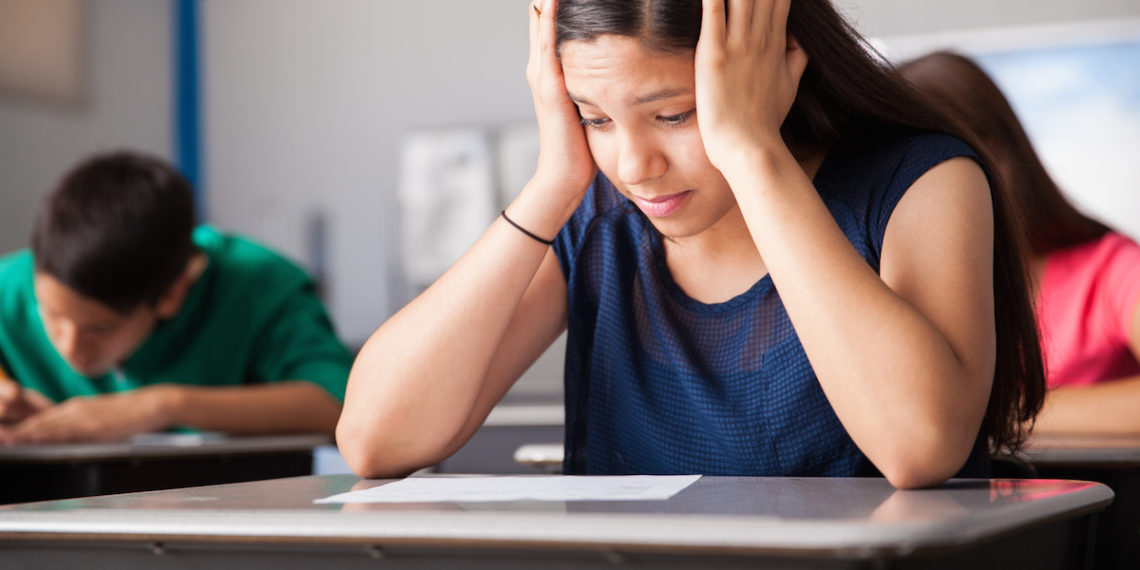
*The following is excerpted from an online article posted on PsychCentral.
New research finds that chronic bullying is related to lower academic achievement, a dislike of school, and low confidence by students in their own academic abilities.
Investigators tracked hundreds of children from kindergarten through high school and found that nearly a quarter of kids in the study experienced bullying.
While pop culture often depicts more frequent bullying in high school, the study found that bullying was more severe and frequent in elementary school and tended to taper off for most students as they got older.
However, 24 percent of the children in the study suffered chronic bullying throughout their school years, which was consistently related to lower academic achievement and less engagement in school, said lead researcher Gary Ladd, Ph.D., a psychology professor at Arizona State University.
“It’s extremely disturbing how many children felt bullied at school,” Ladd said. “For teachers and parents, it’s important to know that victimization tends to decline as kids get older, but some children never stop suffering from bullying during their school years.”
Most studies on bullying have tracked children for relatively short periods of time and focused on psychological effects, such as anxiety or depression. This is the first long-term study to track children for more than a decade from kindergarten through high school and analyze connections between bullying and academic achievement, Ladd said.
The research, which appears online in the Journal of Educational Psychology, was part of the Pathways Project, a larger longitudinal study of children’s social, psychological and academic adjustment in school.
The study began with 383 kindergarteners (190 boys, 193 girls) from public schools in Illinois. The researchers faced the difficult challenge of tracking children for more than a decade, from kindergarten through high school, as some families moved across the United States. Study participants lived in 24 states by the fifth year of the study. The comprehensive study included annual surveys administered by researchers to the children, teacher evaluations, and standardized reading and math test scores.
The study found several different trajectories for children related to bullying.
Children who suffered chronic levels of bullying during their school years (24 percent of sample) had lower academic achievement, a greater dislike of school and less confidence in their academic abilities.
Children who had experienced moderate bullying that increased later in their school years (18 percent) had findings similar to kids who were chronically bullied.
However, children who suffered decreasing bullying (26 percent) showed fewer academic effects that were similar to youngsters who had experienced little or no bullying (32 percent), which revealed that some children could recover from bullying if it decreased. Boys were significantly more likely to suffer chronic or increasing bullying than girls.
Source: PsychCentral
https://psychcentral.com/news/2017/01/31/bullying-can-also-hurt-kids-academic-performance/115822.html
Source: Home Word






